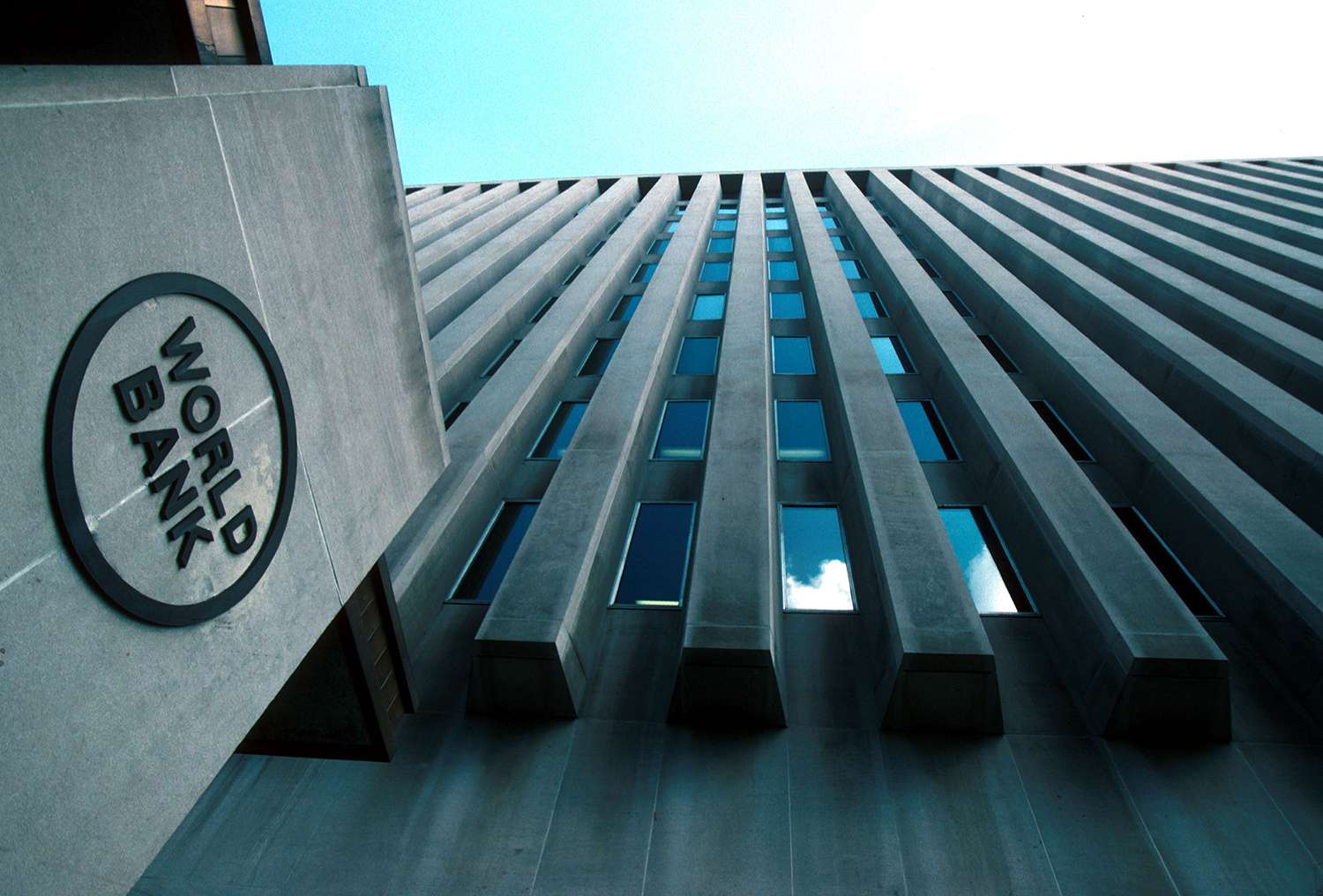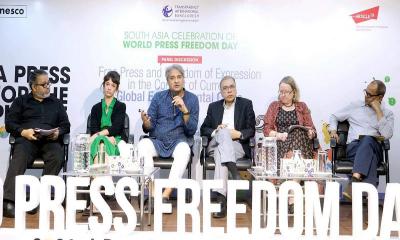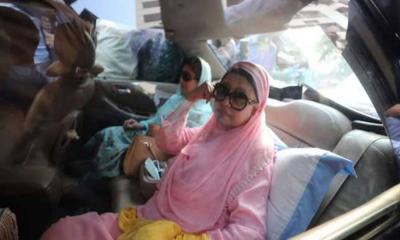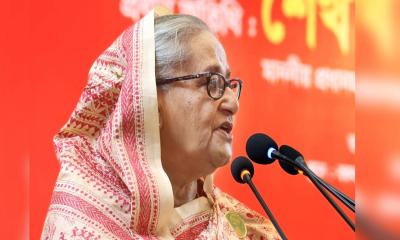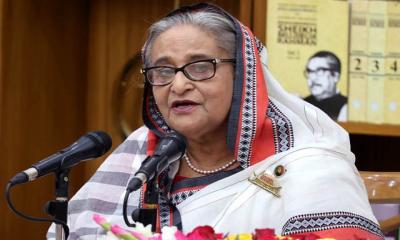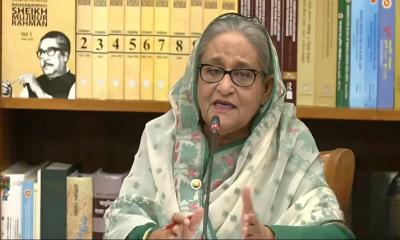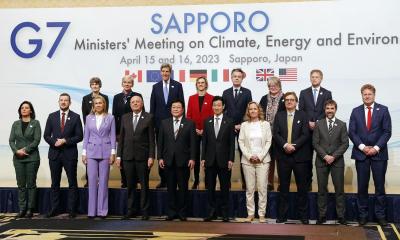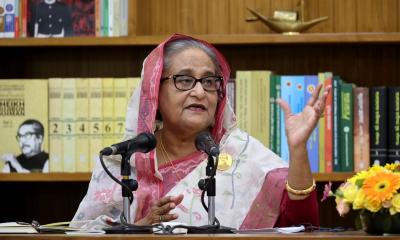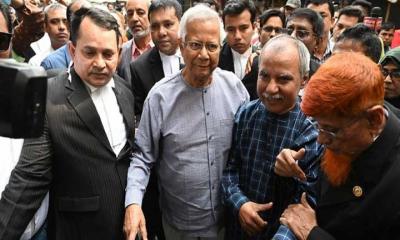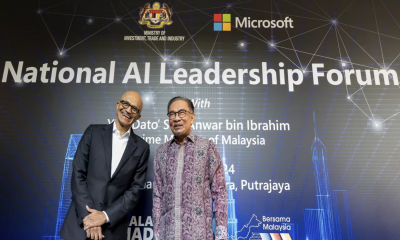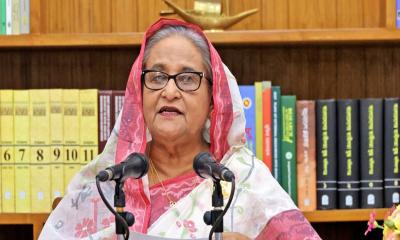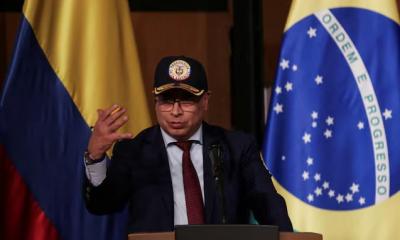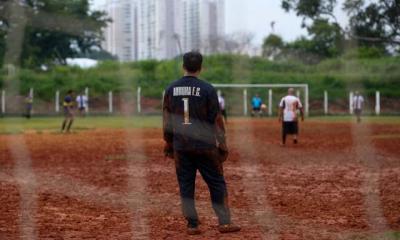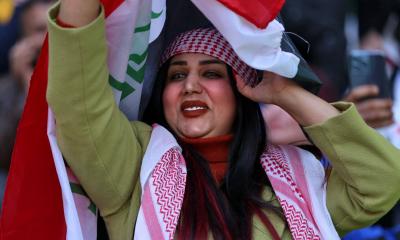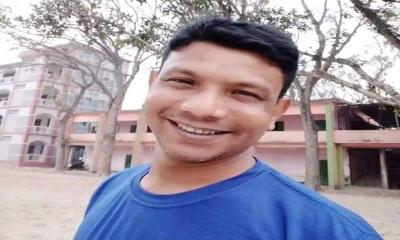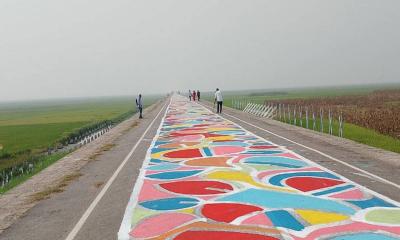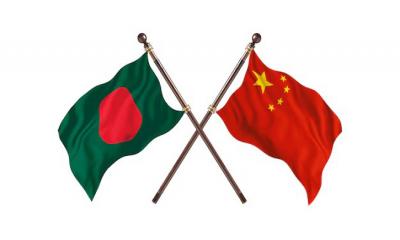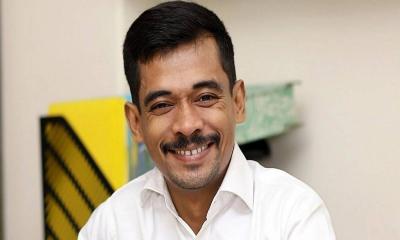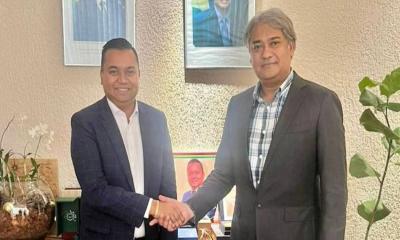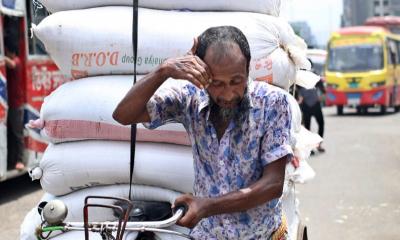The government of Bangladesh and the World Bank today signed a $300 million financing agreement to equip about 900,000 economically disengaged rural youth with skills and alternative education needed for employment and entrepreneurship.
The agreement was signed by Sharifa Khan, Secretary, Economic Relations Division and Abdoulaye Seck, World Bank Country Director for Bangladesh and Bhutan on behalf of the Government and the World Bank, respectively. The concessional credit is from the World Bank’s International Development Association (IDA) and has a 30-year term, including a five-year grace period.
The finance will be provided through the Economic Acceleration and Resilience for NEET (EARN) Project where About 60 percent of beneficiary will be female.
The project will help overcome barriers that prevent disadvantaged and vulnerable youth from gaining education and employment. It will provide skills training, alternative education, employment, and entrepreneurial support to rural youth who are not in education, employment, or training (NEET).
The project will establish vocational training centers to offer a range of skills development opportunities and provide online and offline training courses in market-driven and futuristic trades. They will be in locations convenient to rural youth, especially female.
It will also and offer competitive financing and mentorship support for entrepreneurial activities. It will help secondary school dropouts, particularly female students to complete vocational secondary education.
Abdoulaye Seck said, “The youth are the future of any country. Creating a well-equipped competitive workforce, where no young person is excluded, is a critical development priority for Bangladesh."
"The project will help develop a competitive workforce through skill development, continuity of education, and employment opportunities while addressing underlying cultural and social norms that drive exclusion, particularly for women, people with disabilities, and ethnic minorities", added Seck.
Sharifa Khan said, “The government placed high priority on economically engaging the youth, particularly female and disadvantaged ones, who are not in education or employment through skill development.”
In Bangladesh, about 27 percent of youth that is about 12.6 million people need education, employment and training. About 90 percent of them are female, mostly living in rural areas. To enhance their employability, the project will offer skills development training for a wide range of market-relevant trades with an emphasize on modern and non-traditional trades, especially for women.
For secondary school dropped-out youth and adolescents, the project will provide access to Bangladesh Open University education programs through an accelerated curriculum. They will be able to access diploma-level technical education in fields such as nursing, medical technology, agricultural food processing and other courses.
To support entrepreneurship, the project will provide seed financing, mentorship, and other relevant supports to the new entrepreneurs.


